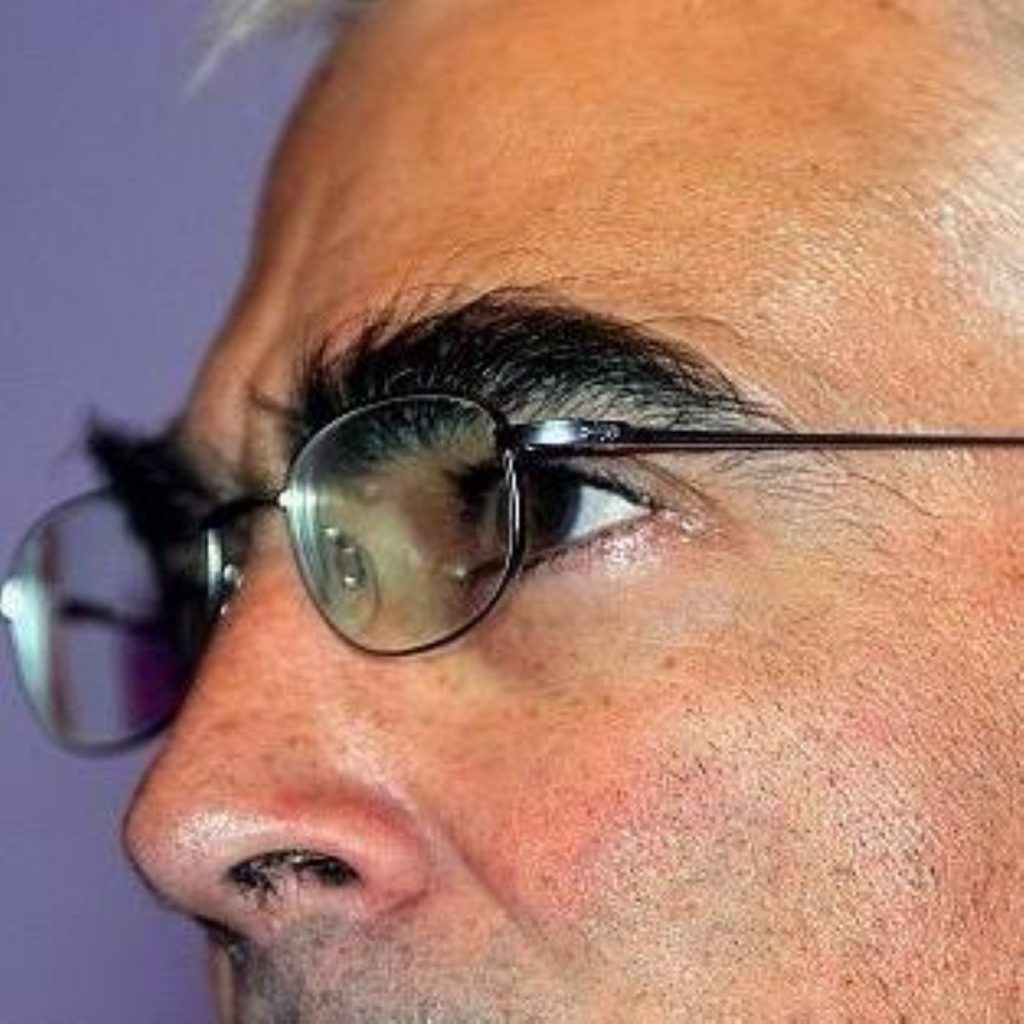Capital gains tax backtrack mooted
Chancellor Alistair Darling could provide up to £100,000 of tax relief following reform of capital gains tax announced in the pre-Budget report.
Last month, Mr Darling announced capital gains tax would be charged at a single rate of 18 per cent from April next year – in a bid to simplify the tax system and close a loophole used by some high earning private equity bosses.
However, widespread condemnation of the decision has come from the business community since the changes were announced, with groups saying the removal of the lower taper rate of ten per cent for those who own or work for a business will hit investment and people selling small businesses in order to retire.
Following pressure, there are reports a system of tax relief of up to £100,000 for those selling businesses in order to retire could be introduced.


However, a change to the single band of capital gains tax is not expected.
Mr Darling told the Treasury select committee last week a simplified tax system was “a prize well worth pursuing”.
He also refused to rule out a change to the capital gains tax system, but no announcement has been made on a relief.
A Treasury spokesman said: “As the Chancellor made clear last week to the Treasury select committee, a simplified tax system for capital gains is the right thing to do and will make the system more straightforward and sustainable while incentivising investment and enterprise.
“The Treasury is working with representatives of the business community on the details of the reform and on measures to improve the business environment, and to continue to encourage entrepreneurship.”
Yesterday, the chancellor met with representatives from the engineering and manufacturing employers body EEF, which claims the tax changes will be damaging for business by rewarding investment in non-business assets.
EEF director general Martin Temple said: “Having gone through a period of beneficial changes, over the last twelve months policy has appeared to go in a different direction, especially towards small and medium size companies which are the lifeblood of our economy.
“Government must now take the opportunity to set out a clear, long term strategy for boosting investment in small businesses by looking again at the tax system. In particular, we must send out the signal again that the principle of and, reward for, investment in business is of greater value than investment in non business assets.”
He added the chancellor said he was willing to work with business to achieve this and to look at the tax system again.
Acting Liberal Democrat leader Vince Cable has called for a return to the policies of Tory chancellor Nigel Lawson to solve the capital gains tax quandary.
“Our approach is to scrap taper relief and the distinction between business and personal capital gains,” he said.
“We would tax capital gains above the allowance at the basic rate (16 per cent under our proposals), and then at 40 per cent above the tax threshold. Nigel Lawson in the 1980s simplified the system and we need to get back to that approach.”
Earlier this month representatives from the CBI, Institute of Directors, British Chambers of Commerce and the Federation of Small Businesses all wrote to, and later met with, the Mr Darling over their disquiet about the end to taper relief.












